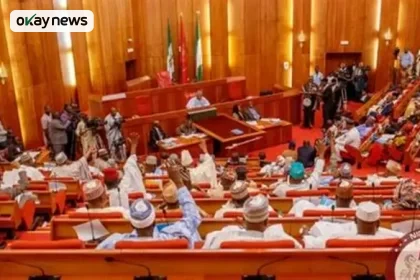President Bola Ahmed Tinubu has issued a sweeping directive making health insurance compulsory across all Ministries, Departments, and Agencies (MDAs) of the Federal Government in accordance with the National Health Insurance Authority (NHIA) Act of 2022.
In a statement released on Wednesday by his Special Adviser on Information and Strategy, Bayo Onanuga, Tinubu directed the Secretary to the Government of the Federation to issue a service-wide circular mandating full compliance.
The presidential order targets five key implementation areas, most notably the compulsory enrollment of every federal employee under the NHIA scheme. Agencies, however, retain the option of supplementing the public insurance coverage with private policies where necessary.
“All entities participating in public procurement must present a valid NHIA-issued Health Insurance Certificate as part of their eligibility documentation,” the statement emphasized. “This certificate confirms compliance with the mandatory health insurance requirement and serves as a precondition for procurement-related engagements.”
The directive further compels all MDAs to ensure that applicants for licenses, permits, and renewals must submit valid NHIA Health Insurance Certificates before approvals are granted.
The NHIA has also been tasked with developing a digital platform for real-time verification of certificates to guarantee transparency and to reduce loopholes for abuse. MDAs are to establish internal mechanisms for authentication and compliance monitoring.
According to the statement, the initiative seeks to broaden national health coverage, protect workers, reduce out-of-pocket medical costs, and strengthen accountability in both public and private engagements.
The NHIA Act of 2022 made health insurance mandatory for all Nigerians, with the agency saddled with the responsibility of ensuring nationwide health coverage. However, three years after its enactment, coverage levels remain low despite efforts within the health sector.
okay.ng reports that this latest directive is expected to accelerate compliance, increase enrollment, and improve access to affordable healthcare for federal employees and citizens.







